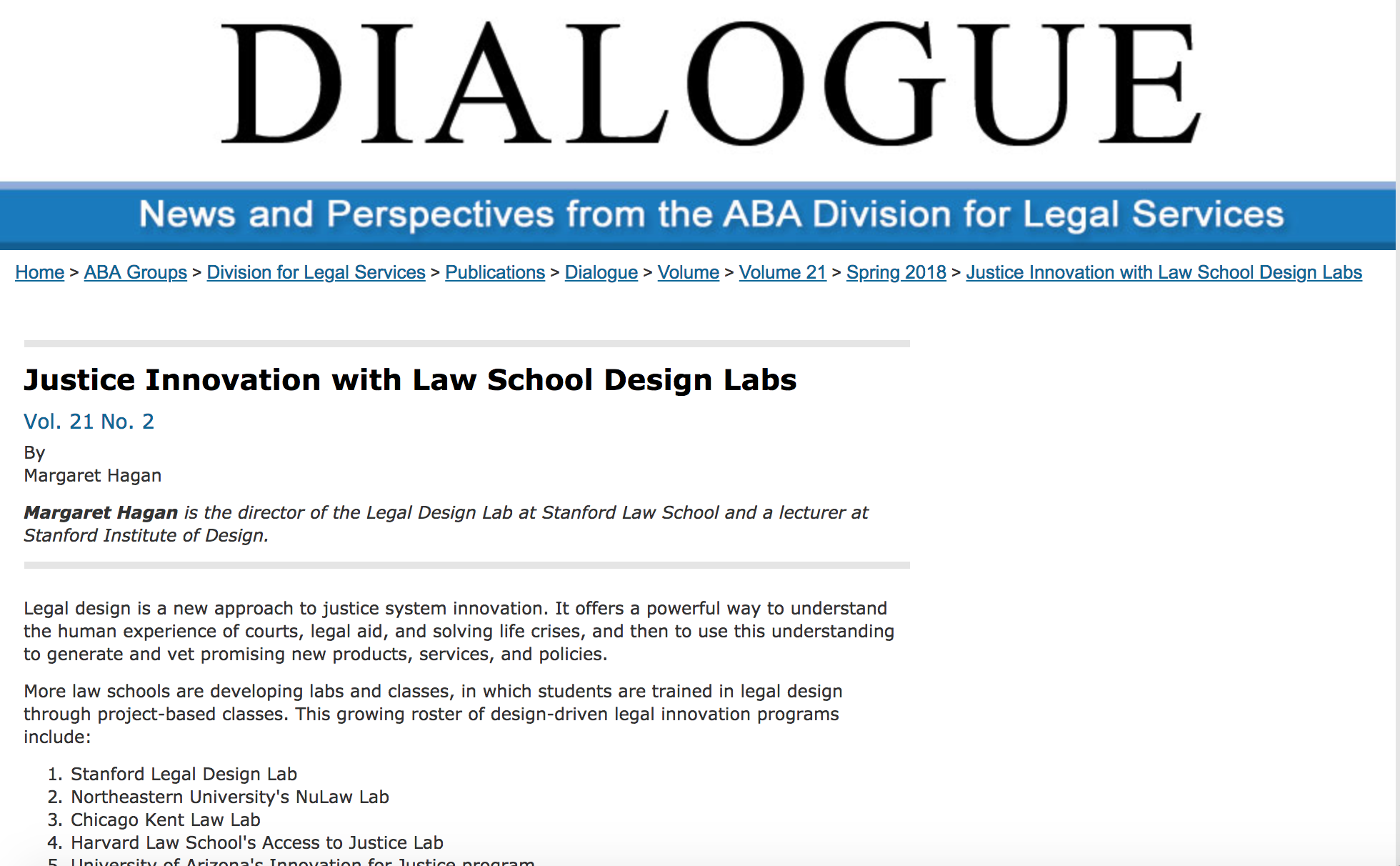Kat Aaron, writing on Slate in the ‘Future Tense’ series, has an article profiling smartphone-based legal services aimed at low-income users in the US: Legal aid: Text messaging, automated call-backs, and other tech-enhanced support for the poor.
In this article from December 2012, Aaron profiles the many digital tools & platforms being piloted by legal service groups. Among them are:
- An automated call-back system to reduce hold time for people calling legal aid groups, from Legal Aid of Southeastern PA
- A phone helpline for legal questions in Toledo Ohio’s Advocates for Basic Legal Equality
- LawHelp.org to offer legal information and legal aid referrals
- A legal mapping of user’s needs & locations by Prairie State Legal Services in Rockford, IL
- A legal help checklist for lawyers to use when offering help to clients, by the Legal Aid Service of Northeastern Minnesota
- Legal help web chat from Legal Aid of Western Ohio
- Virtual legal office kits, with computers, printers, scanners, and mobile internet access with low data usage rates, from Georgia Legal Services
Here is the article by Aaron, read the entire piece here at Slate:
It has been three years since the Great Recession ended, but the nation’s courthouses are still swamped with eviction cases, foreclosures, and debt collection suits. If overdue bills and late rent were crimes, all low-income tenants and debtors could get a public defender for free. Because those cases are civil suits, though, the state doesn’t provide an attorney. Which means that in civil court, most people don’t have a lawyer in their corner—even though their homes and financial stability are on the line.
What many do have in their back pockets, however, is a smartphone. And soon, they might be able to find some legal help there, too.
Like everyone else, lawyers for the poor are trying to do more with less, as government grants and private funding have dried up. Increasingly, that means turning to tech, using new tools to deliver information to clients, support volunteer lawyers, and improve their own systems. They’re using text messaging, automated call-backs, Web chats, and computer-assisted mapping.
A crush of new clients is pushing the growing reliance on technology, as the old systems just can’t keep up. For years, people seeking help have called their local legal services offices, only to wait on hold for 20 minutes or more. If someone has a pay-by-the-minute cellphone, as many low-income people do, that gets expensive fast. Many callers just give up, says Elizabeth Frisch, the co-executive director of Legal Aid of Southeastern Pennsylvania. So Frisch and her team are piloting an automated call-back system, using voice over IP, to reduce hold time and save those precious minutes.
Text messages can also improve efficiency. If courts sent SMS reminders to litigants, that would help move along cases that get postponed over and over when one party doesn’t show up, says Glenn Rawdon. Rawdon runs the technology grants program at the Legal Services Corp., the federal program that funds legal aid groups. A text could also help people remember to bring documents to meetings with their overworked lawyers. “It’s very time-consuming if they come to the appointment and say, ‘Oh yeah, I forgot to bring the papers,’ ” Rawdon says. And SMS can be used to deliver basic legal information, like what to look for when signing a lease, or the laws surrounding a wage claim. Legal aid groups in Georgia, New York, Washington, Illinois, and Pennsylvania are all piloting text-based campaigns this year….


